The first edition of the International Conference on preventing and combating violence against girls and women and domestic violence was opened today by the President of the Republic of Moldova, Maia Sandu. With messages of support and encouragement, the event is attended by several guests of honor from the foreign diplomatic missions, representing the firm support of our country's international development partners in the field of combating gender-based violence.
"Violence against girls and women is the most widespread violation of human rights. Combating violence against girls and women means more development opportunities for the country and for society as a whole, because the more women have access to quality education, the more economically independent women are, the stronger our society is. Today, in the Republic of Moldova we have many examples of brave women who have succeeded in various fields. I am glad that the Republic of Moldova has finally managed to ratify the Istanbul Convention - it is an excellent step forward and we will be able to make the effects visible when this document is implemented,” said the President of the Republic of Moldova, Maia SANDU, in her opening speech.
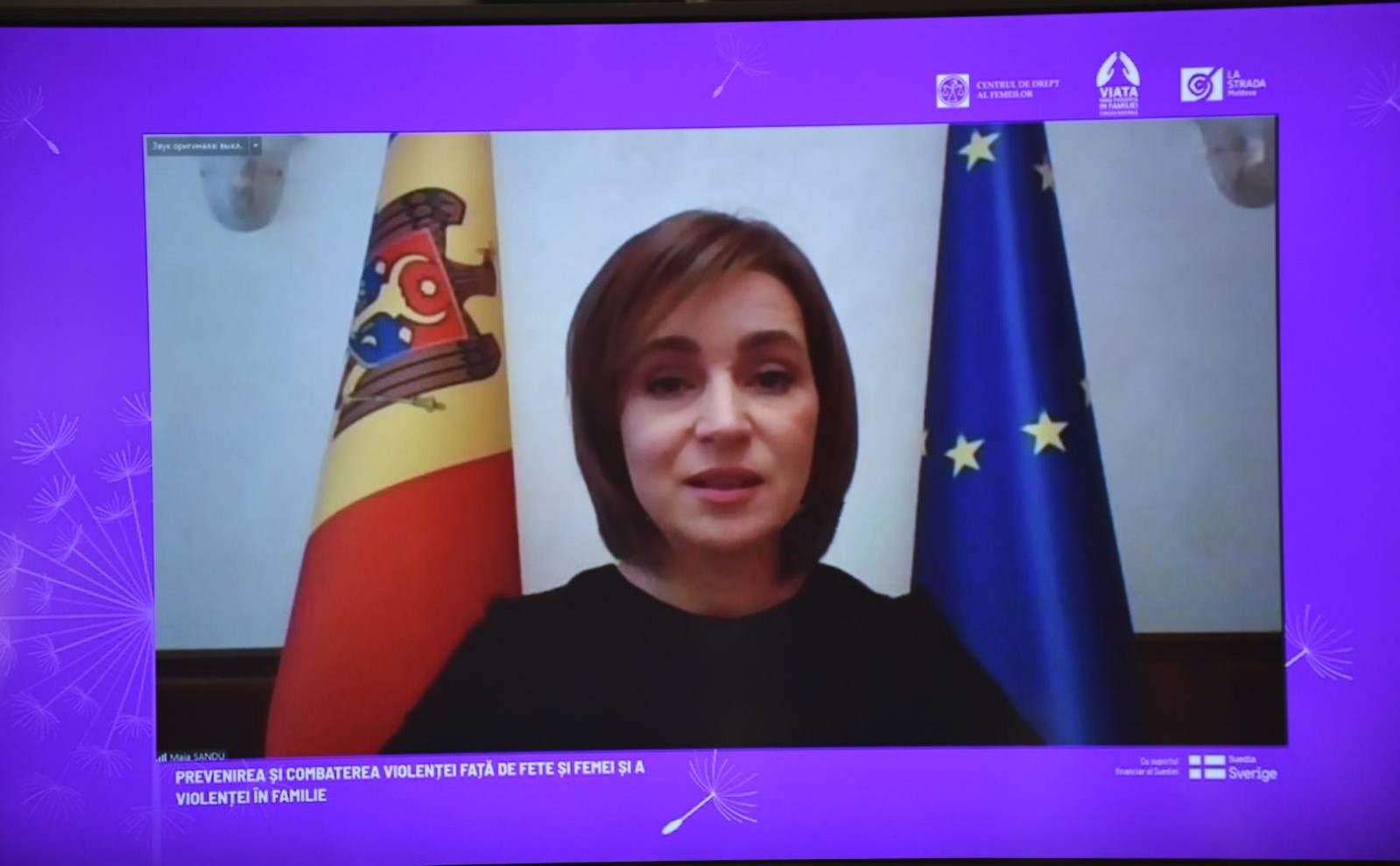
"The International Conference on preventing and combating violence against girls and women is a great opportunity to celebrate the successes of the years, so that girls and women can fully exercise their rights and live in a society where no violence is tolerated. This conference is a good opportunity to discuss possible challenges and actions to end gender-based violence. Each of us can be a key player in this fight to ensure a better life for girls and women. I congratulate the Republic of Moldova for ratifying the Istanbul Convention, a crucial pillar in the fight against violence. Sweden will continue to support state institutions, provide expertise and assistance, and encourage the involvement of girls and women in the economic, political and decision-making fields," said Katarina FRIED, Ambassador of Sweden to the Republic of Moldova.
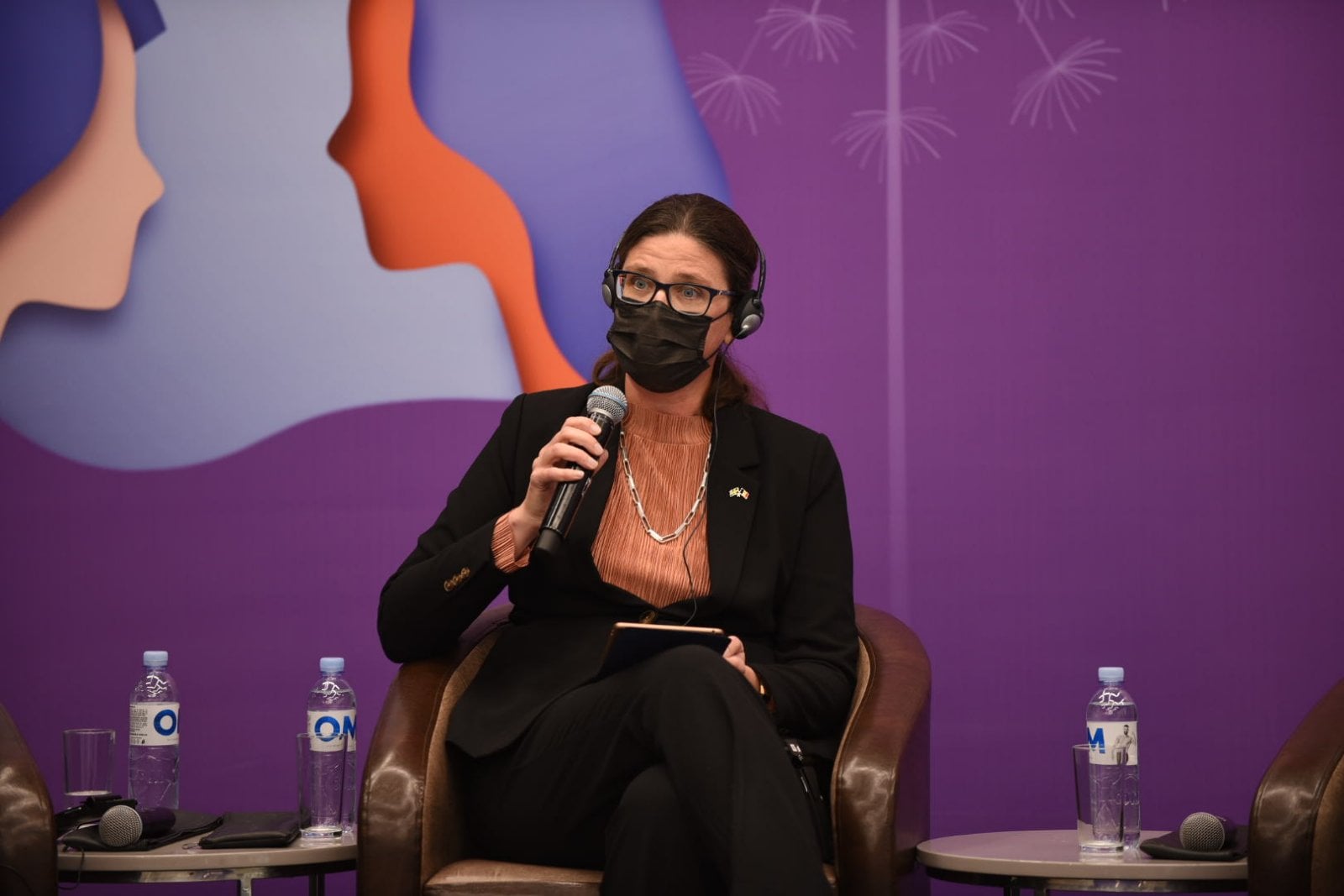
"In the current context, the Istanbul Convention continues to be the most comprehensive international tool for preventing and combating all forms of violence against women and is a powerful roadmap for ensuring gender equality. By becoming a member of the Commission of the Member States of the Convention, the Republic of Moldova together with the other 34 member states will benefit from the expertise and advice of the group of experts in order to combat violence against women. I am glad that the emphasis was on two key dimensions: partnership and cooperation. International partners are ready to work for cooperation, full understanding and support for national initiatives. The Council of Europe, together with its national and international partners, is committed to providing full support so that girls and women in the Republic of Moldova can live without fear and without violence,” said William MASSOLIN, Head of the Council of Europe Office in Chisinau.
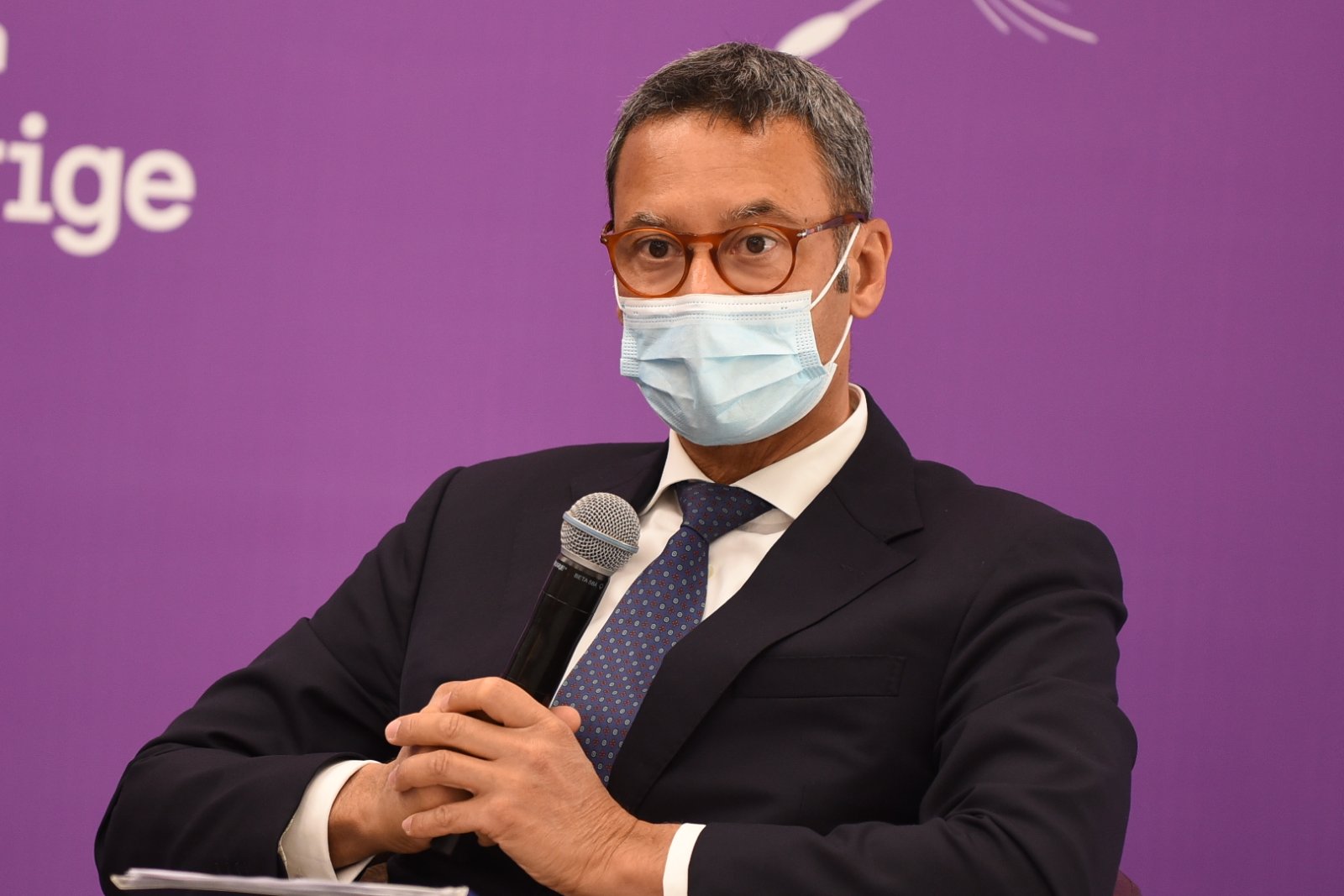
"Continuing its efforts and actions to eliminate violence against girls and women, UN Women Moldova will focus on supporting 4 directions: creating a legislative framework in line with international standards and expanding available information resources, creating programs to prevent violence in the based on data and evidence collected, the enhancement of quality services for survivors of violence and the empowerment and capacity building of women's organizations. UN Women will continue to work closely with all stakeholders so that violence against girls and women is eliminated once and for all,” said Dominika STOJANOSKA, UN Women Moldova Country Representative.
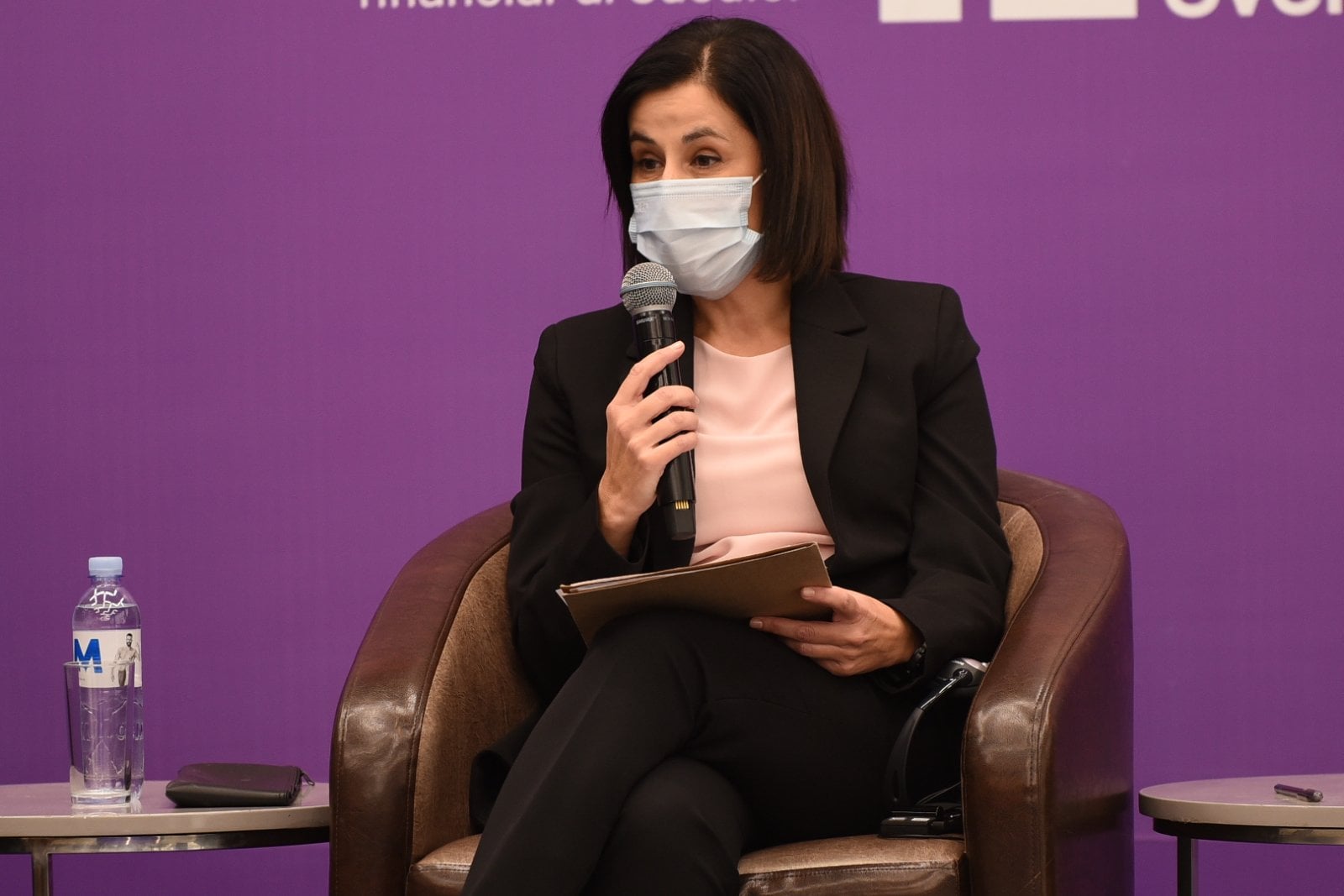
"The United States has proudly partnered with Moldova for the past 10 years to provide sustained support and promote innovative approaches to combating domestic violence and gender-based violence. I would like to express my gratitude to all of you who have worked hard to promote a human rights and victim-centered approach to protecting women from violence. I urge you to continue your proactive efforts. We look forward to continuing to work with all of you and the people of Moldova to achieve these goals," said Katrina FOTOVAT, Senior Official at the U.S. Secretary of State’s Office of Global Women’s Issues.
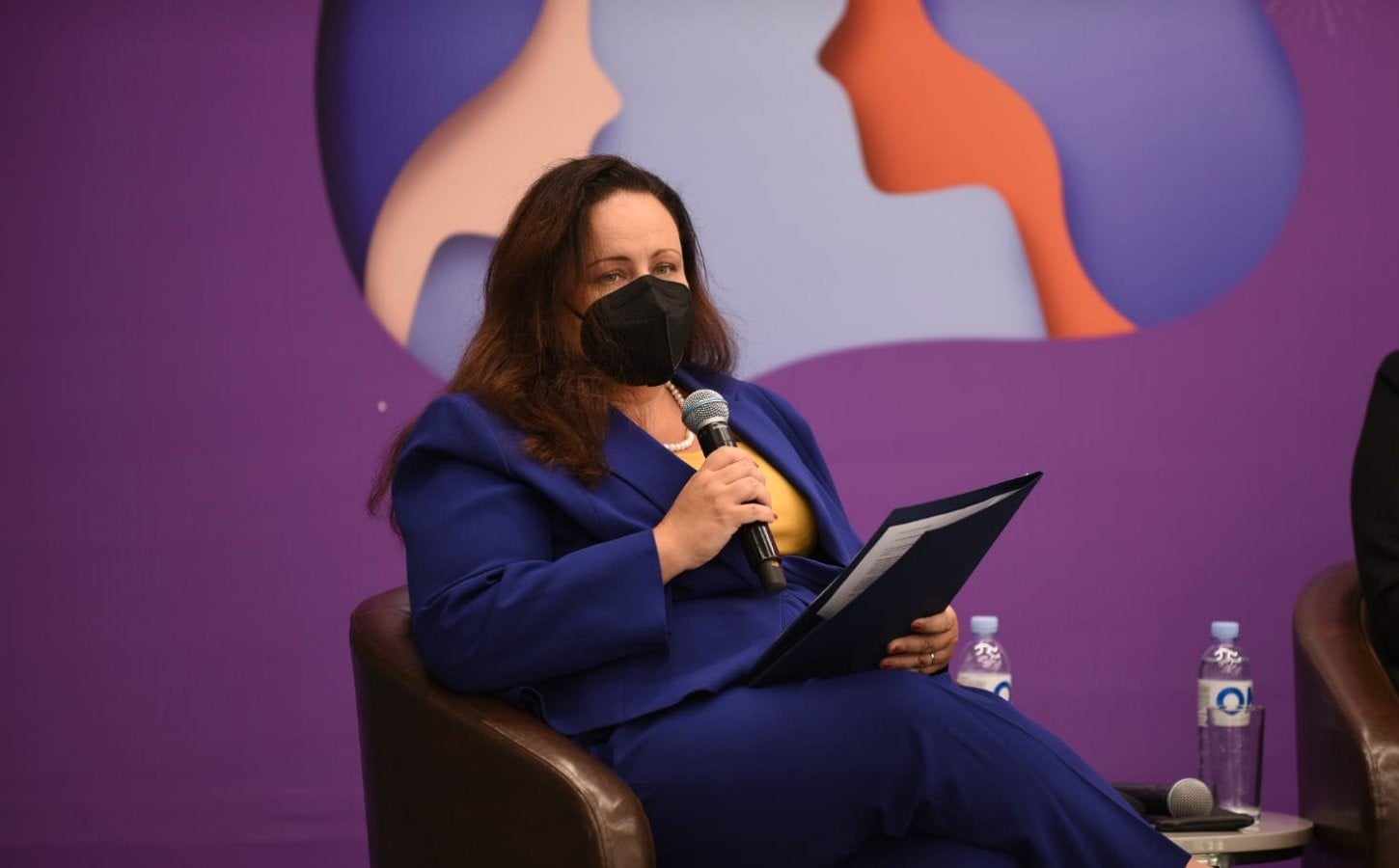
The topics of the conference are aligned with the 4 pillars of the Council of Europe Convention on preventing and combating violence against women and domestic violence (Istanbul Convention) - Prevention, Protection, Prosecution and Coordinated Policies. In total, more than 30 speakers participate in 8 discussion panels.
Discussions on the first day of the Conference focuss on civic activism and the role of mass-media in changing perceptions of violence, through the support that the press can provide to girls and women who are subjected to violence, but also to organizations working in this field. Elena BOTEZATU, Executive Director of the International Center La Strada and moderator of the discussions in the first panel of the conference, emphasized the role of involving men and boys in the process of changing misperceptions and stereotypes related to domestic violence. "We are in a situation where each of us has heard at least once about a case of violence. We are here today to find together solutions, the best methods, the most unique procedures that could contribute to a rapid change of social consciousness in the sense of breaking these stereotypes and consolidating a non-violent community," said Elena BOTEZATU.

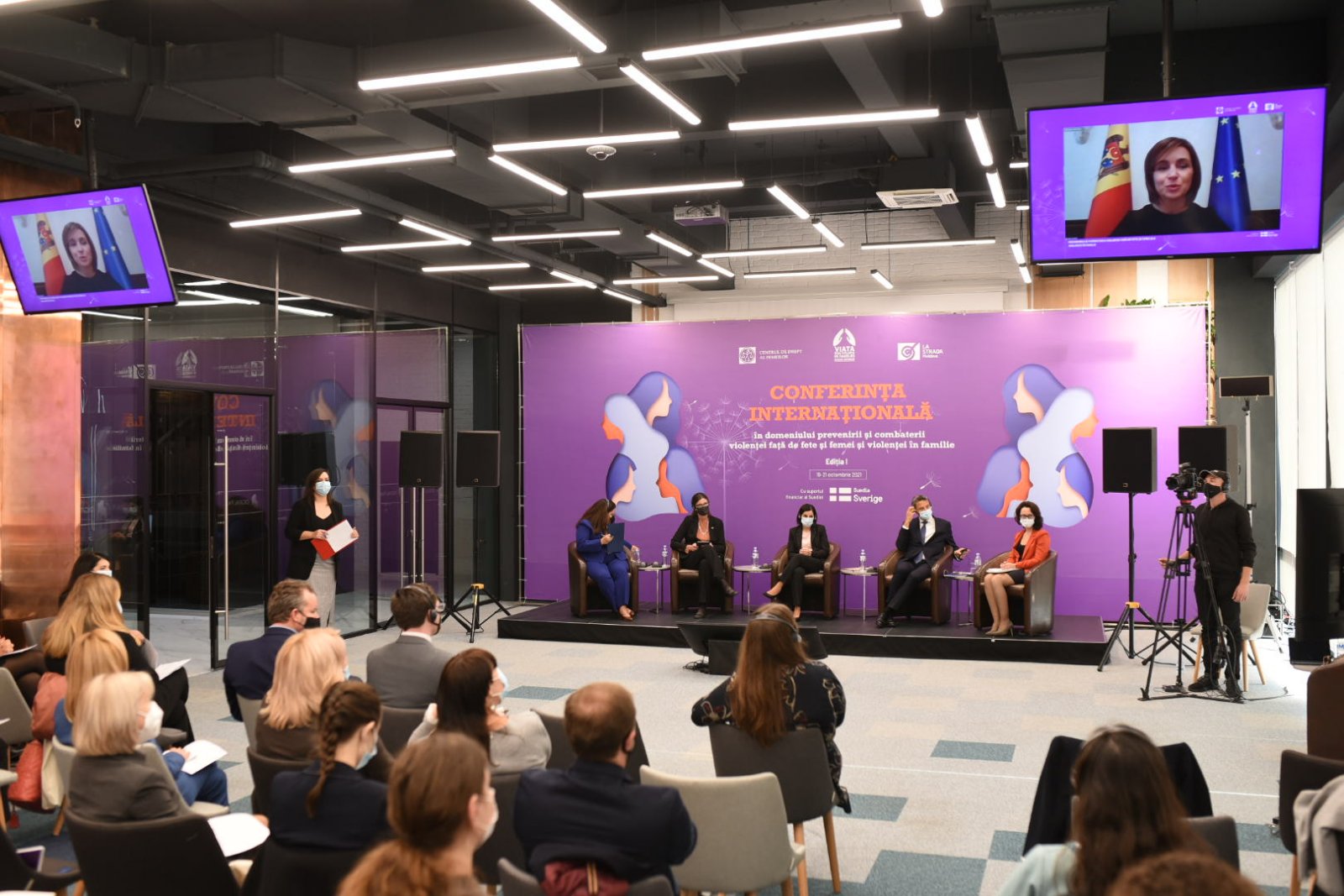
The event is organized by the National Coalition Life without violence in the family, the Women’s Law Center, International Center La Strada Moldova - member organizations of the Coalition, with the financial support of Sweden.
Violence against girls and women is a form of discrimination and a violation of fundamental human rights. It is both a cause and a consequence of gender inequality perpetuated over time. Violence against women happens everywhere: at home, in public sphere, in any society and country, regardless of the economic and social context.
Domestic violence is a complex phenomenon and represents acts of physical, sexual, psychological or economic violence that occur in the family or in the household or between former or current partners or non-partners, regardless of whether the perpetrator shares or shared the same home with the victim.
In Moldova, as in many other countries in the region and around the world, at the root of violence are deep-rooted stereotypes or beliefs about the roles of women and men in the family and society: 27.7% of men and 17.5% of women believe that a woman must tolerate violence in order to keep their family, 41.1% of men and 19.1% of women say that there are times when a woman must be beaten, 45% of women believe that “violence against women is often caused by the victim, and almost 40% of men believe that if a woman has been raped, she has done something to provoke rape (statistics from the OSCE's Well-being and Safety of Women Survey, of a representative sample of 1,802 women of all ages between 18 and 74 years old, 2019).
It is to be mentioned that the Parliament of the Republic of Moldova ratified the Istanbul Convention on October 14.
